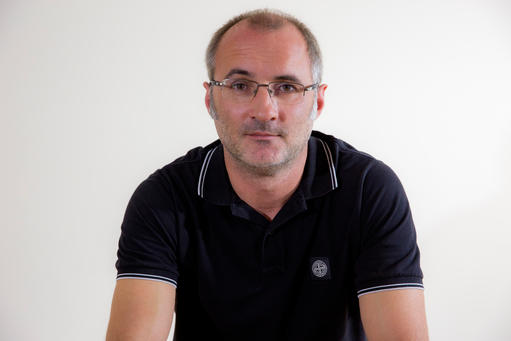Misery deepens as borders close
YemenExtra
By:Dr. David Noguera, MSF Spain
As the war in Yemen continues to devastate the civilian population, the Saudi-led coalition’s recent decision to tighten Yemen’s borders to humanitarian aid will only make an unbearable situation immeasurably worse. This drastic act has placed a stranglehold on the few organisations still providing assistance in the country.
More than two years of war have unleashed a cascade of deadly consequences across the country, from the unprecedented outbreak of cholera earlier this year, to the severe malnutrition stalking the countryside as the cost of basic food soars. Meanwhile, hundreds of health centres have been damaged or destroyed, deprived of essential supplies or abandoned by health workers who have not received their government salaries for more than a year.
When I visited Yemen in September, I went to the northern city of Abs, where we support the only fully functioning hospital in a rural area. Before the conflict escalated, the hospital was meant to serve about 100,000 people. Today it serves 1 million. There is no other health care available to people who live perilously close to the front lines, about 50 kilometres away.
Patients lined the gravel courtyard of Abs Rural hospital, waiting for treatment in the oppressive heat. All 40 beds in the therapeutic feeding centre were filled with malnourished children. I met Fatma, a nine-year-old who lay listless and emaciated in her billowing purple dress. The staff had treated her for severe malnutrition earlier this year, saving her life with a blood transfusion, but she was back with one of the worst cases of malnutrition they had ever seen. We did not know whether she could survive.
Other patients came with respiratory infections, snakebites, liver failure or broken bones. The week before Yemen’s borders were closed, the hospital had 980 emergency room visits, doctors performed 110 surgeries, and MSF midwives delivered about 20 babies per day. Yet in the latest escalation of the conflict, the Saudi-led coalition is warning humanitarian organisations to avoid “areas of combat,” which would further exclude thousands of people from accessing health care in communities transformed into war zones.
Even Abs hospital—protected under international humanitarian law—was bombed by the Saudi-led coalition in August 2016, killing 19 people, including a MSF staff member, and injuring 24. The bombing was and remains unjustifiable.
Many people are unable to access medical care under these circumstances, and millions of people displaced by the war require basic aid.
Before leaving Abs, I visited a windswept camp just east of the city, where displaced people have lived for more than two years. There is virtually no health care or infrastructure in the camp, with clean water trucked in every 10 days. While a person needs about 15 litres of water per day, camp residents told me they only receive about two litres.

